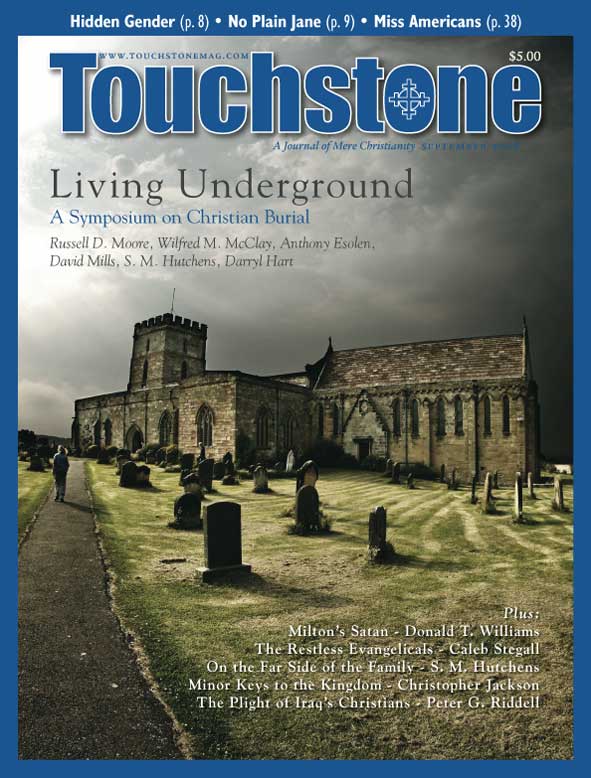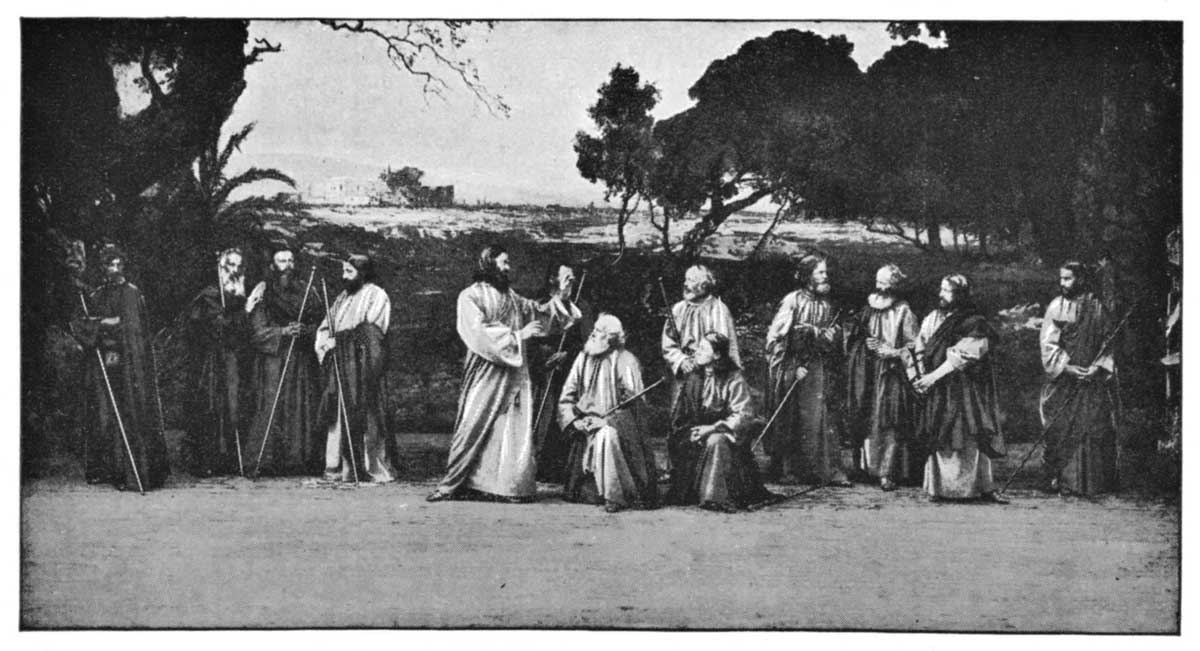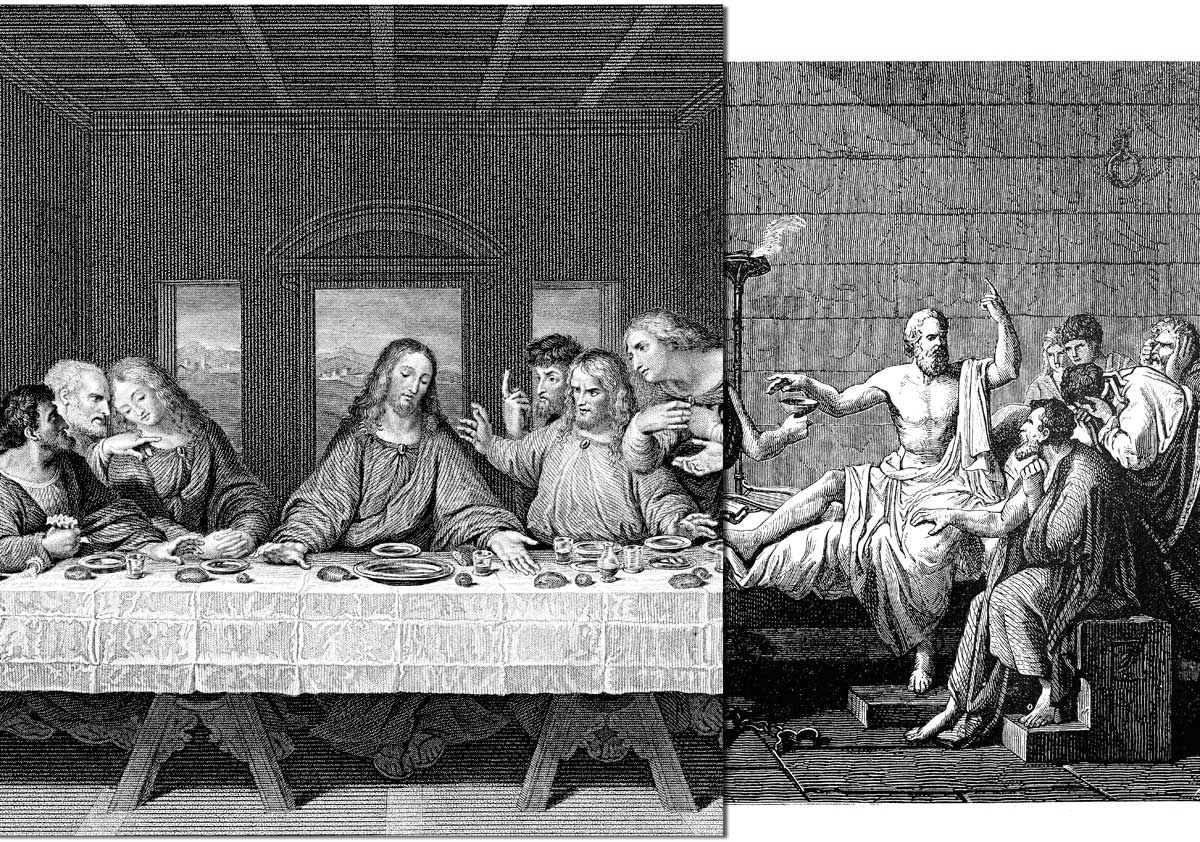View
No Plain Jane
Eleanor Bourg Donlon on Hollywood’s Disgrace & Jane Austen’s Wisdom
Finally! The teenage passion of Jane Austen will become known to the world! Chemistry! Passion! Rebellious self-determination! With the movie Becoming Jane, devoted fans will become ever more devoted! The Regency period and the twenty-first century will embrace!
And this 25-year-old disciple of Miss Austen feels suddenly very old and tired.
Comprehensive Misinterpretations
Becoming Jane purports to tell the story of how the young woman became the author. To the distress of her parents, young Jane is unmarried and has ambitions as a writer. Although her initial dislike of Tom Lefroy changes to mutual and passionate love, the young man’s uncle, upon whom he is financially dependent, forbids the match.
The plot winds through a tumult of emotions, with arguments, separations, new engagements for both hero and heroine, and a final separation when Austen relinquishes her lover out of consideration for his family. This experience inspires her to write Pride and Prejudice. The movie ends with a meeting between Austen and Lefroy many years later—laughably improbable and embarrassingly sentimental.
There is very little evidence to support this over-romanticized tale. Tom Lefroy did exist, there was a brief flirtation between him and Austen, they did not marry, and she did write Pride and Prejudice. Beyond this, there is nothing to suggest the extraordinary historical liberties taken by the filmmakers.
Becoming Jane could be taken as an innocent fiction, but why was such a film made in the first place? The answer is that it is the latest in a long line of comprehensive misinterpretations of Austen classics established upon the premise that unless Jane Austen experienced adolescent passion and rebelled against traditional authorities, she was not a “real” woman.
Her life, letters, early writing, and general demeanor demonstrate a maturity and poise completely foreign to our expectation of a “teenager.” That’s the real problem. We have invented a false category of person—the “teenager”—who has the rights and “needs” of an adult but is not expected to behave as an adult, and who is expected to make all sorts of embarrassing and sometimes harmful mistakes.
In Austen’s day, children (who appear very infrequently in the novels and are almost never heard) were expected to mature into adulthood. Those who didn’t accomplish the transition smoothly were awkward, raucous, socially disruptive, or degenerate (see Lydia Bennet or any of the Austen villains).
Nearly every female undergraduate of my acquaintance will name Pride and Prejudice as her favorite novel, usually adding that she adores Colin Firth, who played Mr. Darcy in the 1995 movie. They want to be Elizabeth Bennet and to marry Mr. Darcy. What they don’t realize is that, by Regency standards, they are so many Lydias and Mr. Darcy wouldn’t look at them twice.
Eleanor Bourg Donlon , a Dappled Things (www.dappledthings.org) assistant editor, works as a freelance writer and editor in Charlottesville, Virginia. Her writing has also appeared in The Saint Austin Review. More of her work is available at eleanorbourgdonlon.com.
subscription options
Order
Print/Online Subscription

Get six issues (one year) of Touchstone PLUS full online access including pdf downloads for only $39.95. That's only $3.34 per month!
Order
Online Only
Subscription

Get a one-year full-access subscription to the Touchstone online archives for only $19.95. That's only $1.66 per month!
bulk subscriptions
Order Touchstone subscriptions in bulk and save $10 per sub! Each subscription includes 6 issues of Touchstone plus full online access to touchstonemag.com—including archives, videos, and pdf downloads of recent issues for only $29.95 each! Great for churches or study groups.
Transactions will be processed on a secure server.
more from the online archives
calling all readers
Please Donate
"There are magazines worth reading but few worth saving . . . Touchstone is just such a magazine."
—Alice von Hildebrand
"Here we do not concede one square millimeter of territory to falsehood, folly, contemporary sentimentality, or fashion. We speak the truth, and let God be our judge. . . . Touchstone is the one committedly Christian conservative journal."
—Anthony Esolen, Touchstone senior editor











